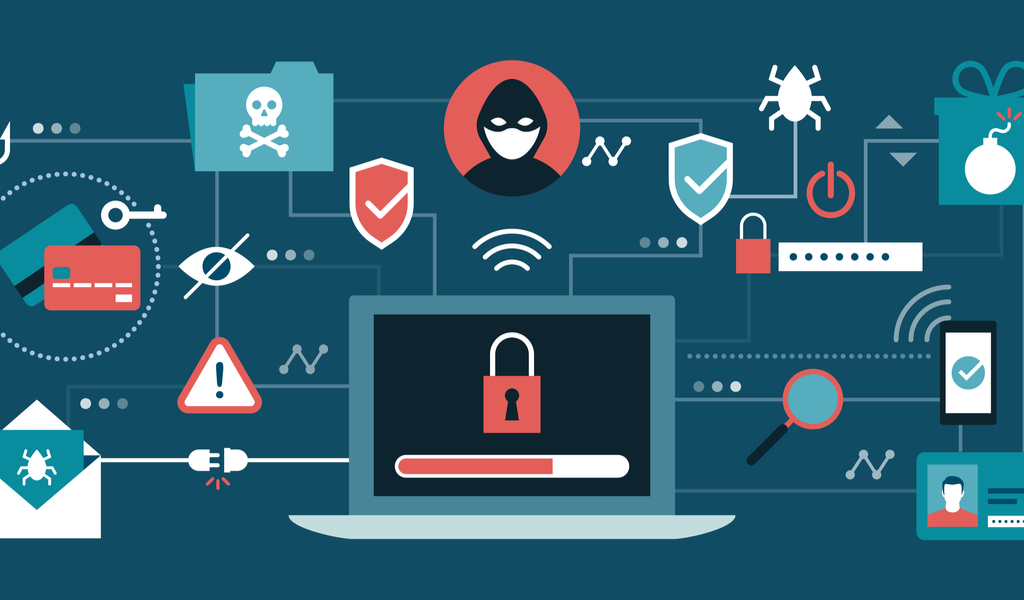What are Online Scams?
An online scam is a message that is often sent through email, SMS, social media, instant messenger, videophone communications (FaceTime, Skype, etc.), or even on dating sites! These messages often use sophisticated language and sent along with professional-looking logos that may even look familiar. This makes them very hard for you to know instantly if it is a scam or not.

What’s the Purpose of an Online Scam?
Most online scammers are focused on one thing: finding out as much of your personal information as possible. First, they do this by combing over your social media profiles so they can gather any publicly available information. Then they would approach you as a friend or potential romantic partner.
The next step in a scammer’s handbook is to win your trust. You may let your guard down with them, given how much they already seem to know about you. They will slowly make you open up and reveal more of your personal details, such as your residence, your family member, financial circumstances, and even things like past relationships. With as much information about you as they can gather, they may then blackmail you into sending them money or even steal your identity!
Some scammers also use the ‘emergency’ tactic, where they convince you to make a payment upfront for a good or service. Others may even ask for help – a loan for an emergency medical treatment, for example. They may even assume the identity of a friend or known business to make you trust them.

How to Spot an Online Scam?
As we said, scammers put a lot of effort into making themselves look legit, so you’ll have to be very careful. The best thing would be to look over any suspicious email with a trusted friend who is an expert in the field. In the meantime, you should not respond to it if you feel any apprehension at all!
Some of the most common indicators of a scam are:
– Messages that ask you to click on a link to “confirm your details”.
– Messages that aren’t addressed to you personally.
– Messages that seem to convey a sense of urgency.
Common Online Scams
Online scammers can prove to be quite creative and can come in a range of different mediums. Fake charities and online shopping sites are pretty common. Only donate to trusted sources or websites that confirm the validity of the case. As for shopping, just remember that if the deal seems to be too good to be true – it probably is!
Online scams can also make a much larger impact on the victim’s life. A person pretending to be a friend or romantic partner will gather personal information about you – enough to either blackmail you or even steal your identity.
Investment scams and phishing scams (pretending to be a known person or business) can steal a lot of your money and may even leave you broke! Unexpected money scams are quite popular too.

What Can You Do If You Think You’re Being Scammed?
Scams often rely on urgency and playing with one’s emotions. Talk a bit of time to think it over. Talk about it with a friend, family, or colleague to put things into perspective. If the scammer is using the identity of a friend, call them up personally.
You can also search the business website the message claims to be from. Search for reviews online about the business, this can save you from falling prey to a scammer. Scammers may also use the name of a legitimate business to fool you. If it’s a very well-known company, you can even write them an email yourself asking about the particular email. Make sure to use the contact details on the actual website and not on the suspicious email.
If you’ve already responded and think you’ve been scammed, the first step would be to get help. It can be something as simple as calling up your credit card company and asking for their assistance with the payment you made recently or filing a police complaint if you’ve been the victim of identity theft or blackmail. Never be ashamed or embarrassed – it could literally happen to anyone!



